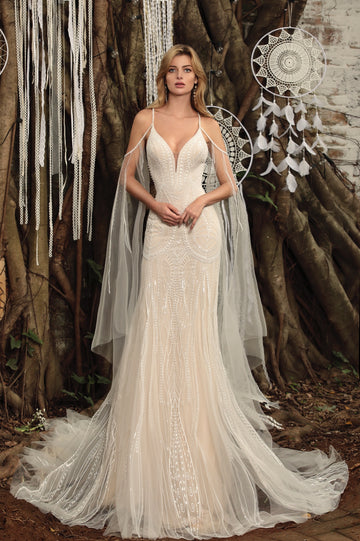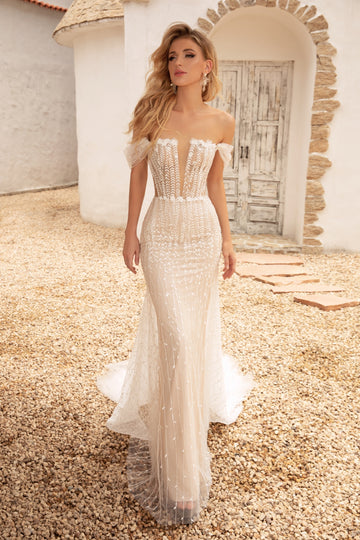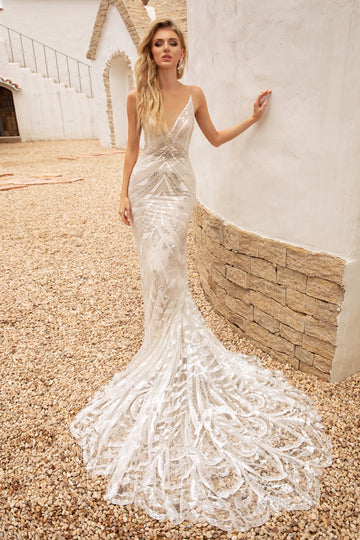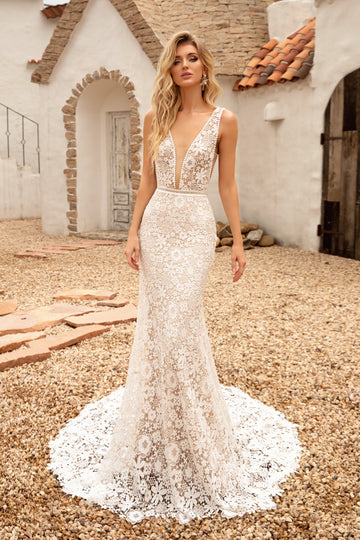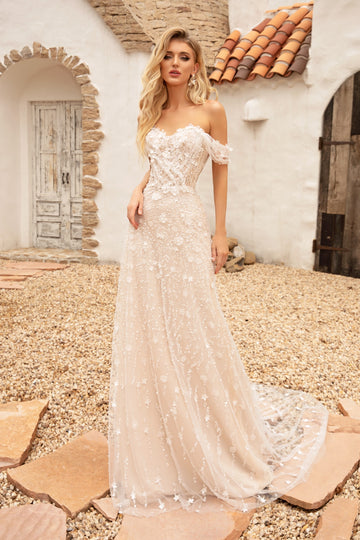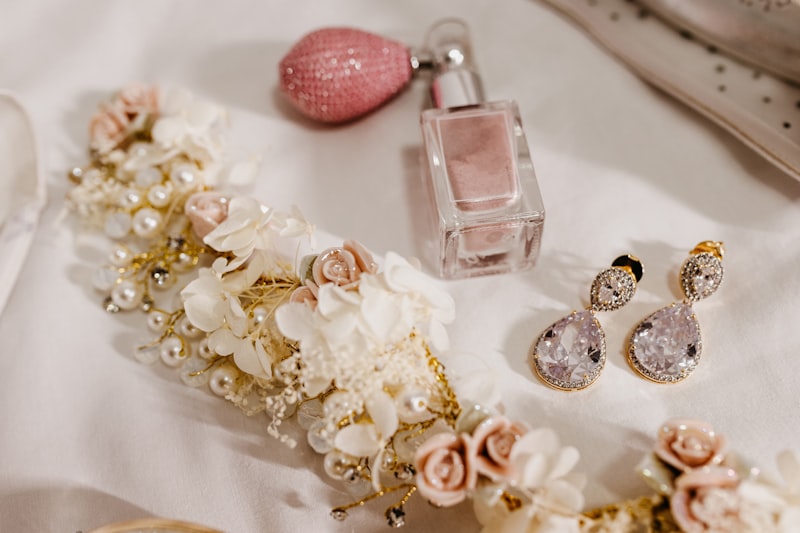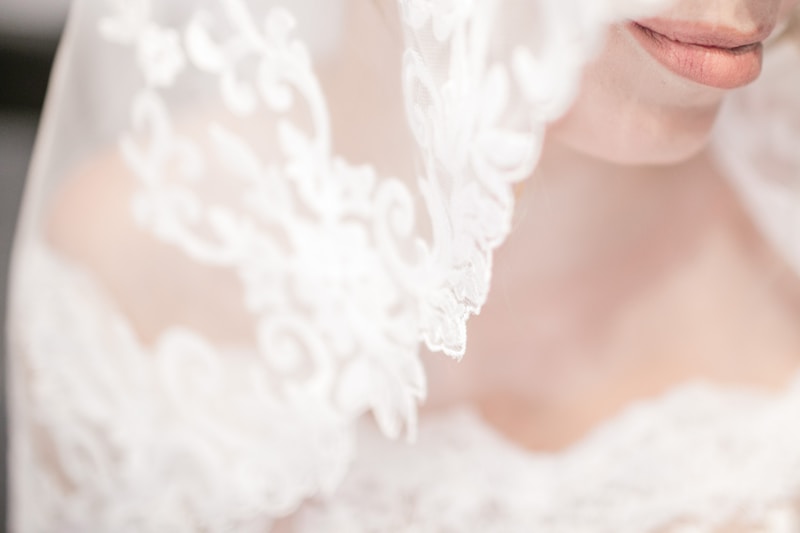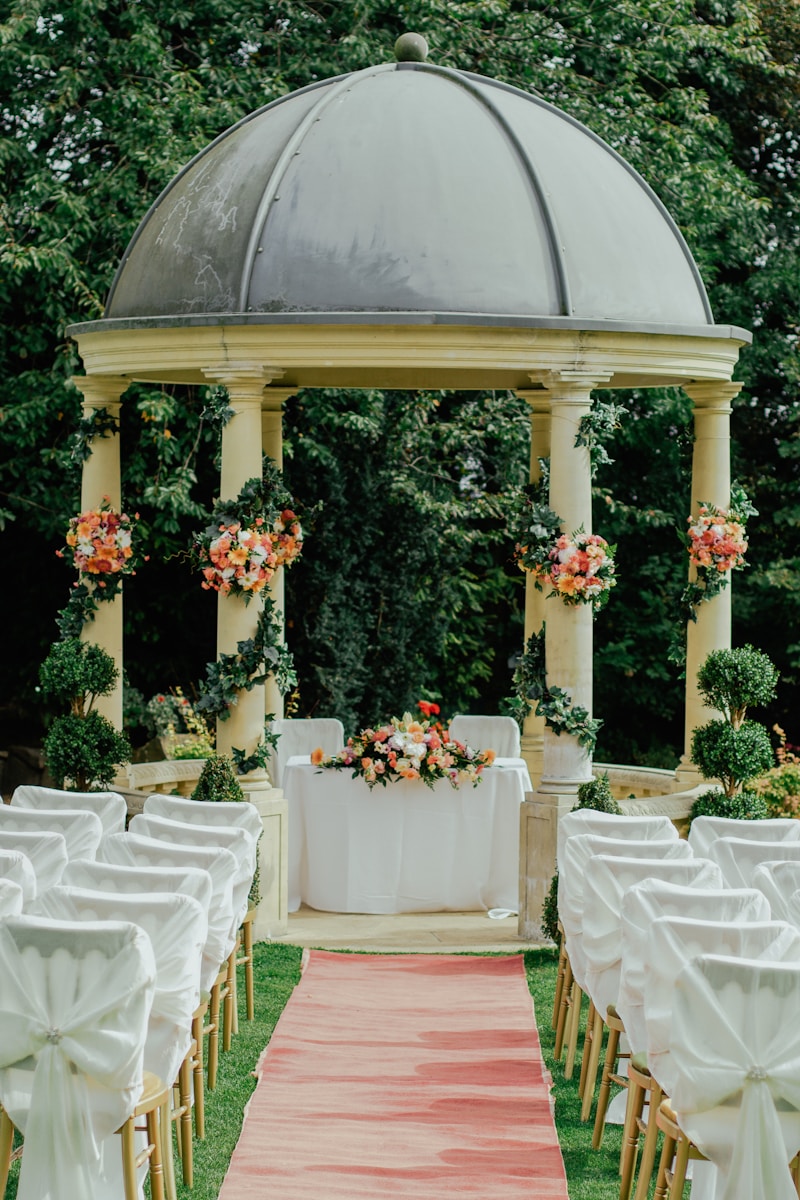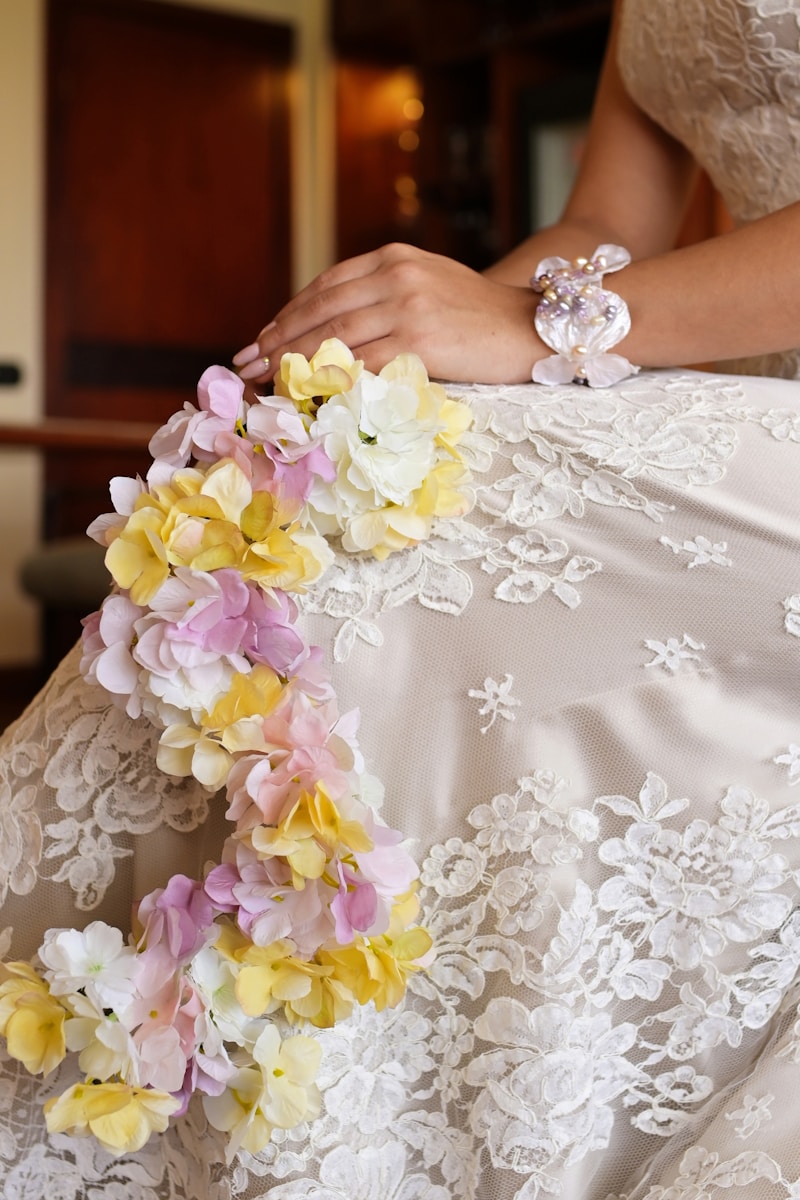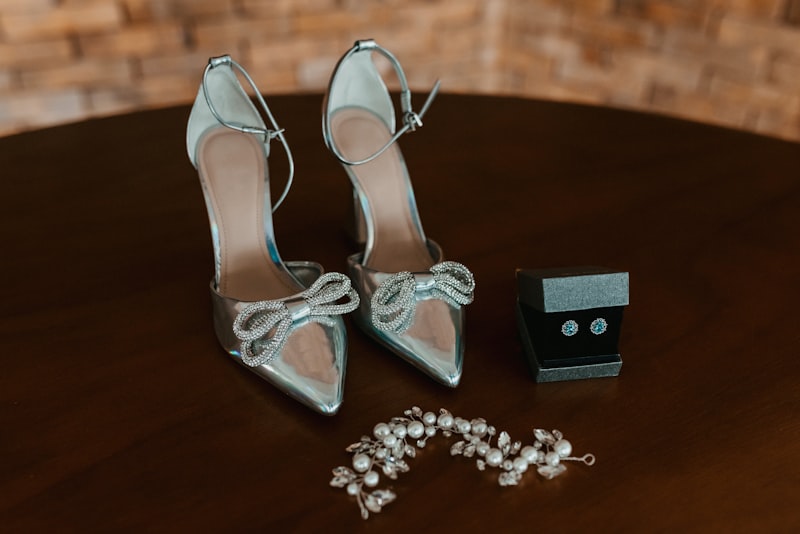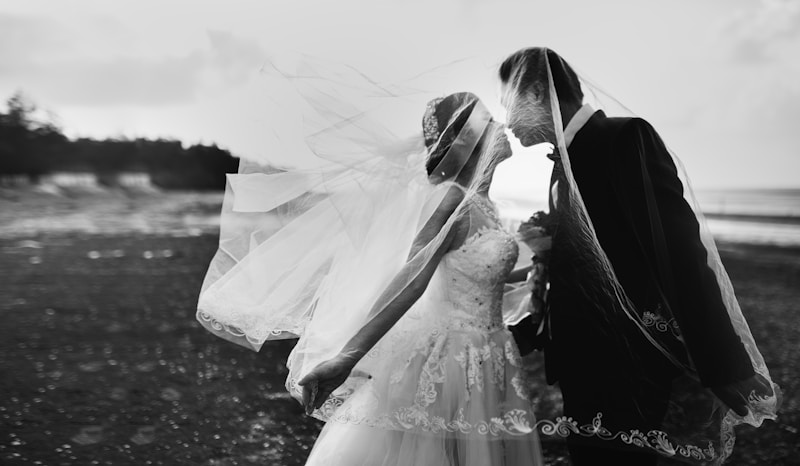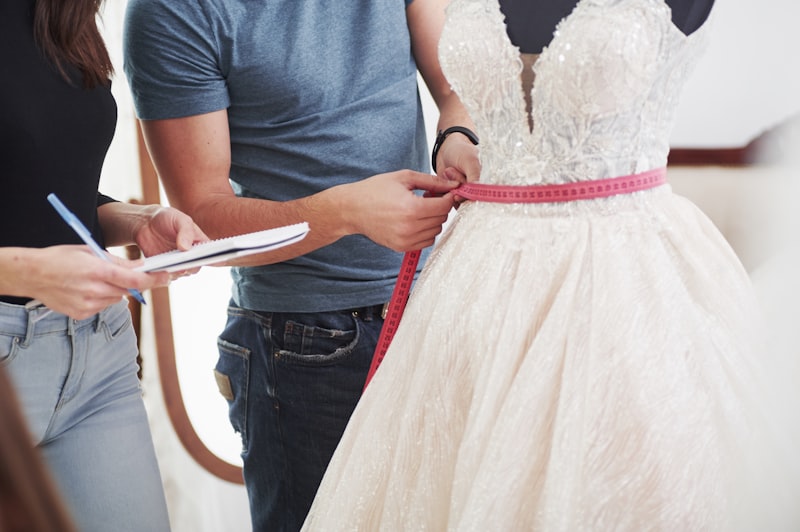Best Sellers
Article
The Enchanting Influence of Fairy Tales on Wedding Attire
As couples prepare for one of the most significant days of their lives, the quest for the perfect wedding attire often leads them through a myriad of styles, fabrics, and inspirations. One of the most captivating influences on modern wedding attire i...
Exploring the Latest Social Media Wedding Trends
The Rise of Social Media Wedding TrendsIn today's digital age, social media has transformed the way couples plan and celebrate their weddings. From Pinterest boards filled with inspiration to Instagram posts showcasing beautiful moments, the influenc...
Diverse Interpretations of Bridal Attire: A Global Perspective
The concept of bridal attire has evolved significantly over the years, influenced by cultural, social, and personal factors. From traditional gowns to modern interpretations, each culture brings its unique flair to how brides adorn themselves on thei...
Analyzing the Emotional Significance of Wedding Rituals
Weddings are celebrated in various cultures around the world, each with its unique set of rituals and traditions. Analyzing the emotional significance of wedding rituals provides insight into the profound meanings and feelings these events evoke in i...
Exploring Untraditional Elements in Bridal Couture: A New Era of Wedding Fashion
When it comes to weddings, the bridal gown is often the centerpiece of the entire ceremony. Traditional elements like white dresses and long veils have long dominated bridal couture, but today, more brides are stepping outside of the box. In recent ...
Creative Expression Through Wedding Fashion: A Comprehensive Guide
Expressing Love and Individuality Through Wedding FashionWeddings have long been symbols of love, unity, and celebration, but they're also powerful platforms for creative expression. As couples plan their weddings, they often explore ways to showcase...
Investing in Wedding Attire: A Comprehensive Guide to Elevating Your Big Day
Planning a wedding can be both exciting and overwhelming, but one of the most crucial decisions you'll make is in choosing your wedding attire. Investing in wedding attire is not just about looking good on your special day; it's also about making a s...
Understanding the Psychological Factors Driving Wedding Dress Purchases
Weddings are a significant milestone in one's life, filled with dreams, aspirations, and emotional connections. Among the many decisions a bride makes, selecting the perfect wedding dress often stands out as the most important. But what drives these ...
Evolving Gender Norms in Wedding Attire: Redefining Tradition
Over the years, wedding attire has transcended traditional gender norms, reflecting the evolving attitudes towards gender identity and expression. In today’s world, couples increasingly choose attire that resonates with their personal style rather th...
